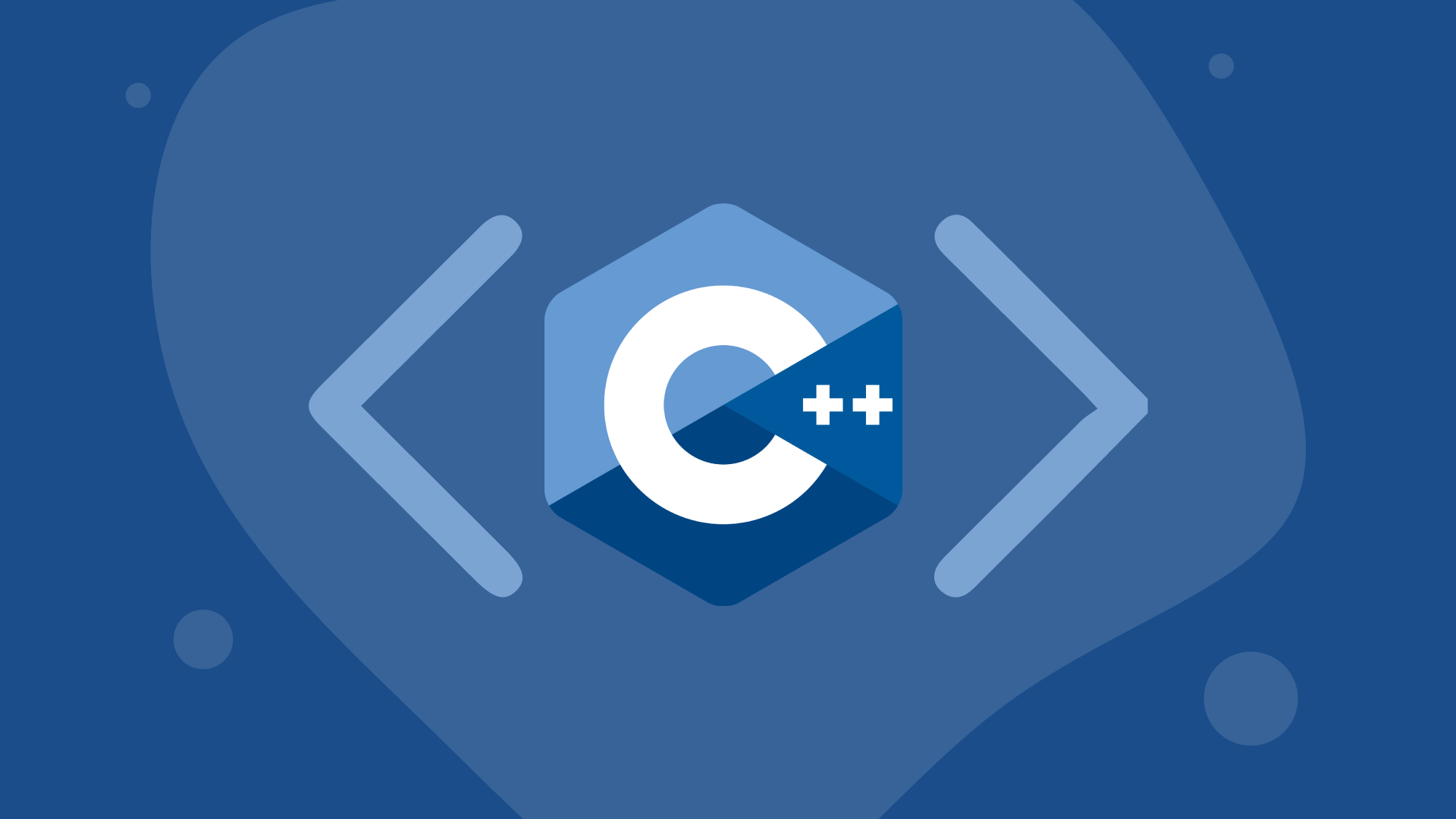
How to handle join, in exception scenarios
여기서 하고싶은 말은 메인 thread가 종료되기 전 자신이 관리하는 thread를 대기하게 만들고 싶다
#include <iostream>
#include <thread>
#include <stdexcept>
#include <chrono>
#include "common_objs.h"
void func_1()
{
std::this_thread::sleep_for(std::chrono::milliseconds(500));
std::cout << "hello from method \n";
}
void other_operations()
{
std::cout << "This is other operation \n";
throw std::runtime_error("this is a runtime error");
}
/////////////////////////////// for first example
void run_code1()
{
std::thread thread_1(func_1);
try {
//do other operations
other_operations(); // 여기서 error를 throw한다면?
thread_1.join(); // 여기서 대기를 하고싶은데
}
catch (...)
{
}
std::cout << "This is main thread \n";
}
/////////////////////////////// for second example
void run_code2()
{
std::thread thread_1(func_1);
//do other operations
try
{
other_operations();
thread_1.join();
}
catch (...)
{
thread_1.join(); // throw자체에서 대기할까? -> 매번이걸 한다고??
}
}
/////////////////////////////// for third example
void run_code3()
{
std::thread thread_1(func_1);
thread_guard tg(thread_1); // thread guard를 생성해보자.
//do other operations
try
{
other_operations();
}
catch (...)
{
}
}
int main()
{
run_code1();
//run_code2();
//run_code3();
}
thread_guard의 내부는 이러하다
class thread_guard
{
std::thread& t;
public:
explicit thread_guard(std::thread& t_): t(t_){}
~thread_guard()
{
if(t.joinable())
{
// 내부에서 종료를 대기해준다.
t.join();
}
}
thread_guard(thread_guard const&)=delete;
thread_guard& operator=(thread_guard const&)=delete;
};